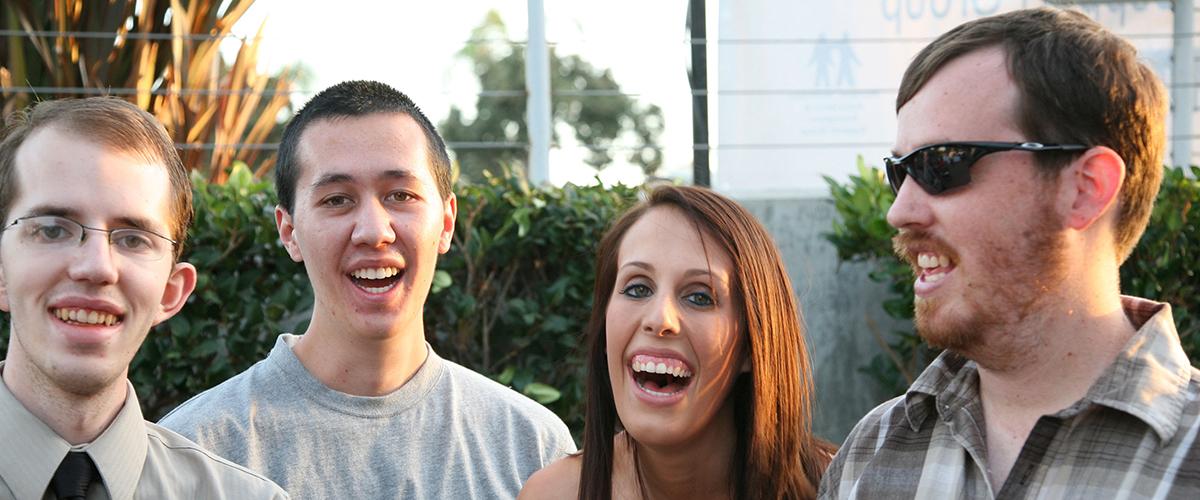MDF's Chief Scientific Officer, Dr. Andy Rohrwasser, summarizes a natural history study with a focus on Cardiology, "Natural history of cardiac involvement in myotonic dystrophy type 1 (DM1) – Emphasis on the need for lifelong follow-up", by Petri et al, published in the April/July of 2024 edition of the International Journal of Cardiology .
In a 10-year longitudinal study following 195 DM1 patients (mean age of 40 years at study beginning), the overall prevalence of cardiac complications increased from 42% to 66% (study beginning to study end) highlighting the importance of integrated cardiac care as part of clinical management.
Dr. Alex Hørby Christensen commented that “Cardiac involvement is common in type 1 myotonic dystrophy and increases with age.”
The most common cardiac complications were conduction abnormalities (48%), arrhythmias (35%), and left ventricular systolic dysfunction (21%). Only 17% of patients self-reported cardiac symptoms. Male patients were significantly more frequently affected than female patients.
A key recommendation of the study is the integration of cardiac monitoring using the combination of electrocardiogram (ECG), Holter monitoring, and echocardiography. Solely relying on ECG would have missed cardiac symptoms in approximately 15% of patients. Also in line with the findings, self-reporting of cardiac symptoms is insufficient for monitoring. Despite surveillance, 35 patients (18%) died during the study; seven due to sudden cardiac death (3.6%).
Given the relatively common occurrence of non-cardiac causes of death, the study emphasizes the importance of multidisciplinary management and care for DM patients. The authors also conclude that “All patients are recommended routine cardiac follow-up.”
Reference:
Natural history of cardiac involvement in myotonic dystrophy type 1 – Emphasis on the need for lifelong follow-up.
Petri H, Mohammad BJY, Kristensen AT, et al.
International Journal of Cardiology. 2024;406:132070. doi:10.1016/j.ijcard.2024.132070
Learn more about myotonic dystrophy and cardiac care! Click here to download the Consensus-based Care Recommendations for Cardiologists Treating Adults with Myotonic Dystrophy Type 1.


